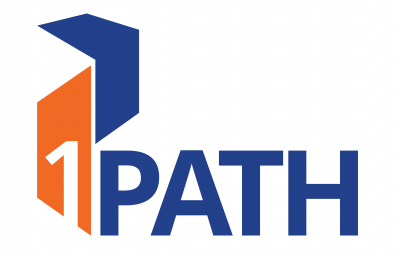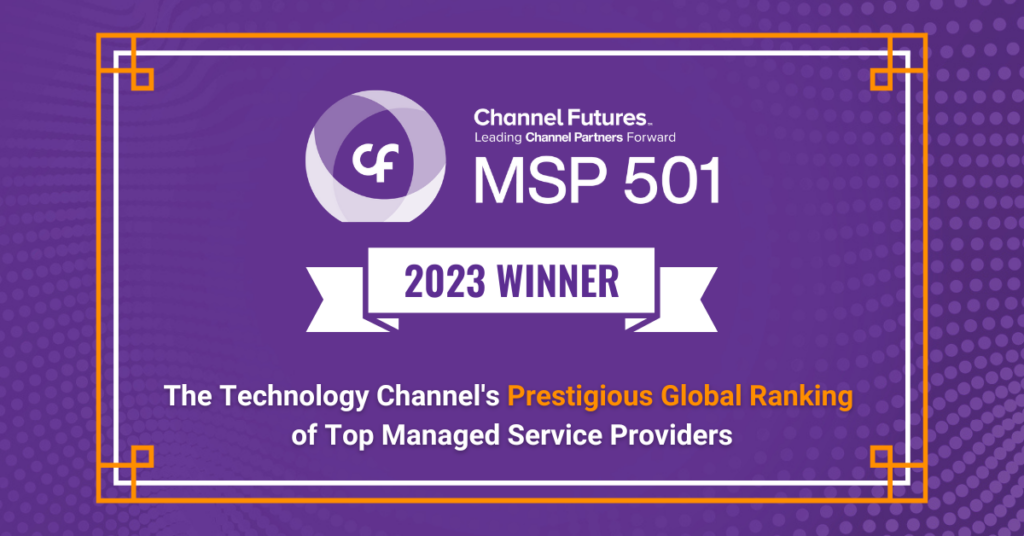Cloud
Choosing between public, private, or hybrid cloud solutions.
Once you’ve decided to migrate to the cloud and you’re familiar with the basics of cloud computing, it’s time to decide which solution is the best fit for your business.
Cloud computing can be minutely tailored to the needs of your company. When choosing a solution, describe your company’s vision in detail. Your provider should also ask questions to get a better sense of your business and its future.
Here are things to consider when making your cloud decision.
What is your business’s ownership structure?
When moving to cloud, one of the main factors that will determine which option is right for you is—does your business prefer capital or operational expenses?
If you’re a private equity backed company, then you likely lean towards using capital expenses. This means you probably prefer investing in your own on-premise infrastructure.
However, this dynamic is changing. There are certain private equity companies who benefit from switching to an operational expenditure model.
If you’re a small business on an acquisition track, you’re likely looking at cloud to grow rapidly, expand your operations, and help with operating costs.
Alternately, younger companies are typically more open to using dollars as an operational expense. Convenience is the tradeoff. For these businesses, public cloud is a great option that also allows for scale.
Whereas, companies looking for a well-defined disaster recovery strategy will prefer a hybrid cloud approach. This way resources can be stationed in different geographic locations to create redundancy. If a problem arises near your main office, your environment is still stored in a data center in another area of the country—or world.
Do you want to be in the hardware business?
In the past, companies have traditionally managed their own computer systems. They bought hardware and had their own IT staff install and manage it. The private, on-premise cloud model is still popular today, whether managed in-house or through a managed service provider (MSP). In fact, according to research, spending on private cloud infrastructure grew by 23% in 2018.
One of the private cloud’s benefits is consistency and familiarity. This option can support your legacy systems, and run customized software tailored to your business processes.
Most well-established companies already understand how to manage these systems and have the tools to do so. Plus, their desire to depreciate their infrastructure expenses is also a factor.
However, on-prem private cloud environments can present certain challenges. These systems are complex. Complexity means higher costs, more difficulty, and potentially slower resolution time for issues. You’ll need an experienced IT staff or MSP to patch and manage your environment. Not to mention, all equipment must be completely refreshed every 3-5 years.
What is your relationship to data?
Every business interacts with their data differently.
For example, some want to walk into a data center, look at a cage, and say without a doubt, “this is where my data lives,” involving a private cloud approach.
Other businesses are more concerned with getting the newest applications or features, which perform best on a big player public cloud like Google, Amazon, Azure, or IBM.
One thing to remember is most public cloud providers charge for data to leave their network, so based on your relationship with your data, public cloud network costs should be evaluated.
If you’re dealing with large media files or presentations, getting them to and from the cloud would require spending more on internet bandwidth and allowing for the additional time to transfer these types of files.
In healthcare, businesses need access to their data immediately and they must comply with strict federal regulations on privacy and security. This is when the benefits of a hybrid approach are necessary.
Do you have an application that needs to grow or shrink?
Does your infrastructure experience a large usage spike?
If your business has an online retail store that is more popular during one time of the year, then public cloud offers the scale you need. The main benefit of public cloud is that it is easily scaled up or down. There’s no reason to pay for any space you’re not using for any amount of time that you’re not using it.
However, some retails stores use a hybrid cloud approach in order to maintain a copy of their in-store database to be updated nightly. This is a business continuity decision.
Regardless of the scope of your business, a good cloud solutions provider will ask questions to find out more about your company and what matter the most to you. This ensures you’re getting a truly customized cloud.







